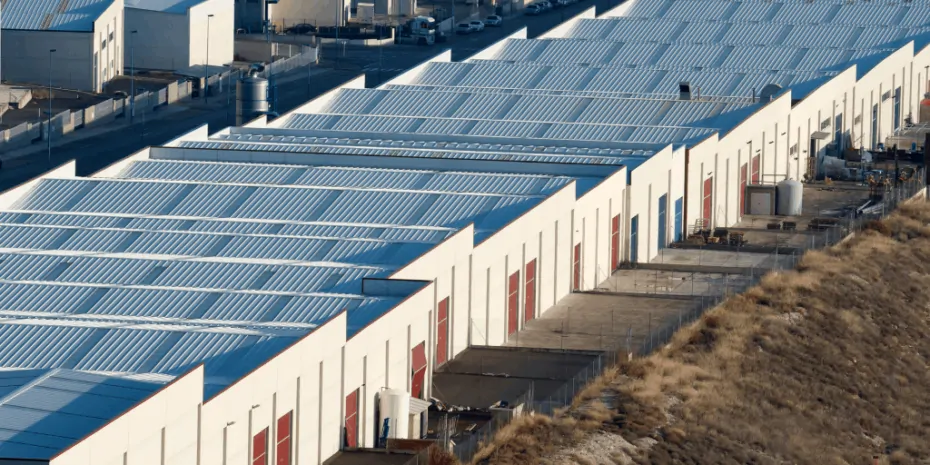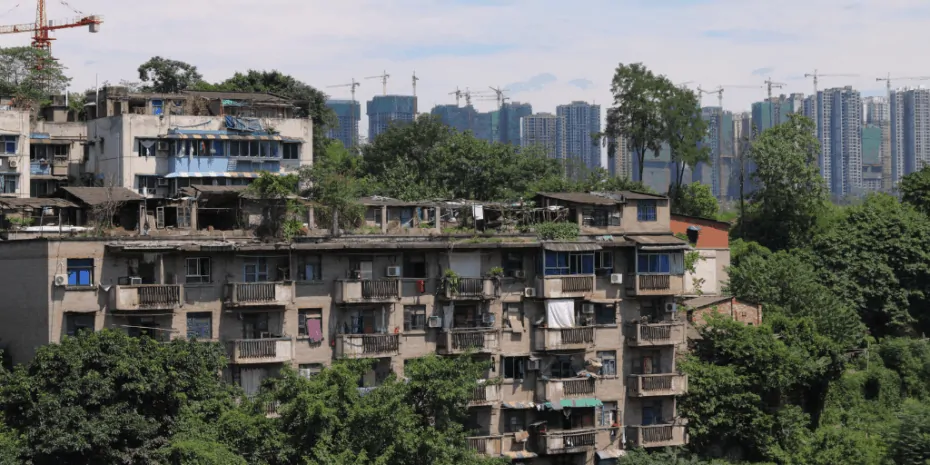Non-Conforming Real Estate Definition
REtipster does not provide legal advice. The information in this article can be impacted by many unique variables. Always consult with a qualified legal professional before taking action.
What is Non-Conforming Real Estate?
Non-conforming real estate is property allowed to continue being used despite it not complying with current zoning restrictions because its legal use predates the new regulation. The non-conforming use is “grandfathered” because zoning laws cannot be retroactive.

Zoning regulates land use or the type of structures permitted. Familiarity with local zoning laws is a must for real estate investors[1], and those who do not know the status of the non-conforming property can be in for a painful surprise.
Example: Harvey built a fourplex 10 years ago in an area zoned for mixed use. Last year, the city rezoned the area for single-family homes only. Harvey’s fourplex has legal non-conforming use status because he built it per the laws at the time, and it meets current safety requirements. The city cannot force Harvey to evict his tenants and convert his fourplex into a single-family property just because the use restrictions have changed.
Illegal Use vs. Non-Conforming Real Estate
The problem for investors is that property is not guaranteed legal non-conforming status in perpetuity. Every jurisdiction has its own definition of and conditions for legal non-conforming real estate, but one condition almost always applies: The structure must be continuously operated[2].
If the non-conforming use is discontinued or the structure is abandoned for a time, the property loses its non-conforming status. It would then be illegal to use the structure for its former purpose.
The specifics for losing legal status varies from place to place[3]. In one county, a property might lose legal non-conforming status after one year of abandonment; in another, the law might stipulate six months. In any case, potential investors need to know the factors that affect legal non-conforming status.
Example: An economic downturn causes massive job loss in Harvey’s town. As a result, his tenants moved out, and Harvey was unable to find new renters. The lost rental income meant Harvey could no longer make his mortgage payments, so the bank foreclosed on the fourplex.
The building was vacant for seven months as the foreclosure process played out. Ultimately, Maria, a real estate investor, purchased it at auction. Maria spent three months and $50,000 rehabbing the fourplex in an attempt to attract new tenants.
Unfortunately, the city revoked the non-conforming use status because the building had been vacant and not in its original use for more than six months. The fourplex could now only be used as a single-family home. This meant Maria could lose 75% of her expected cash flow by renting just one unit, or she could invest more capital in converting the dwelling into a single-family home.
RELATED: How to Rezone Properties for Huge Profits w/ Mike Marshall
Questions to Ask About Non-Conforming Real Estate
Buyers considering non-conforming real estate should know the exact status of the structure and the laws that affect its future use. Depending on the jurisdiction, they may not change the non-conforming use of the structure or rebuild it if it is damaged or destroyed.
For that reason, buyers should ask the following questions:
- How is the area currently zoned? Does it match the planned use for the property?
- What could make the real estate lose its non-conforming use status?
- How long has the structure been vacant or not operating in its non-conforming use? In some cases, utility records can provide clues about the property’s status.
- Can the property be repaired or expanded and still retain non-conforming use?
Buyers need to research themselves because, in most cases, lenders are unaware of potential non-conforming use issues. Real estate agents are not always knowledgeable about zoning issues, either.
Sometimes, investors buy non-conforming real estate, thinking they can get the area rezoned to accommodate their plans for the property. That approach rarely works, and it is expensive and time-consuming besides.
Is Non-Conforming Property Risky?
If the buyer is aware of the local zoning laws and the planned use of the property aligns with them, non-conforming real estate is no riskier than any other type of investment. Investors can even negotiate a more attractive price because of the non-conforming status.
However, if the investor fails to do their due diligence, non-conforming real estate can be a costly problem that is difficult to resolve.
Takeaways
Property is non-conforming real estate when it does not meet current zoning requirements but maintains legal status because it originally complied with them. Non-conforming status is not guaranteed, and it may be revoked for several reasons. Investors need to understand the zoning laws affecting any property they are interested in buying.
Sources
- Giusto, M. (2017.) Beware of Zoning Changes: Protecting Your Non-conforming Use. Neufeld, O’Leary & Giusto. Retrieved from https://www.noglaw.com/beware-of-zoning-changes-protecting-your-non-conforming-use/
- American Planning Association. (1949.) Elimination of Non-Conforming Uses. Retrieved from https://www.planning.org/pas/reports/report2.htm
- HG.org. (n.d.) Impact of Non-Conforming Use on Commercial Real Estate Contract. Retrieved from https://www.hg.org/legal-articles/impact-of-non-conforming-use-on-commercial-real-estate-contract-46256










